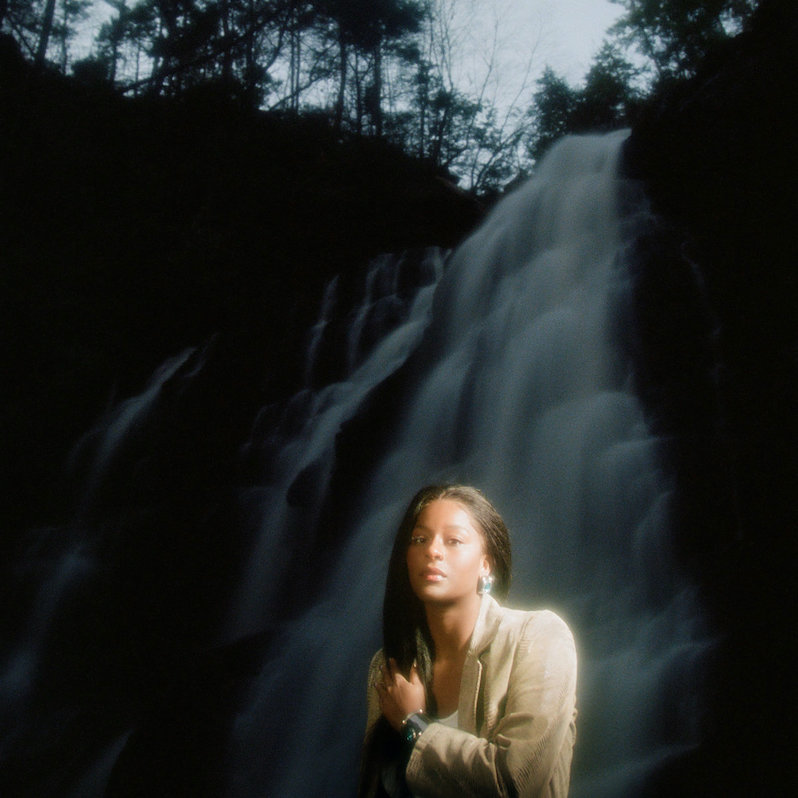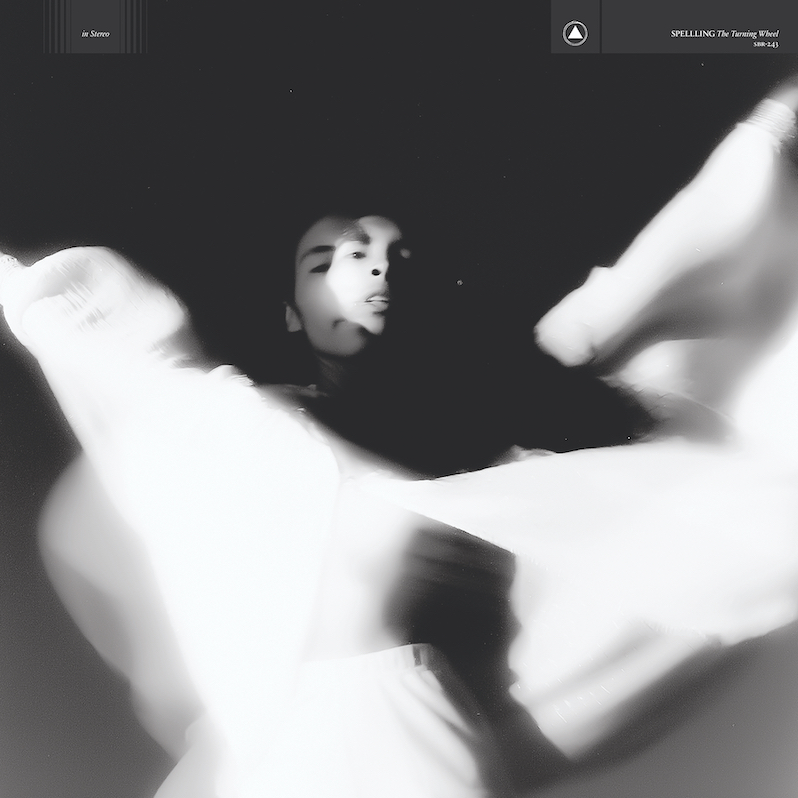L’Rain : Fatigue

Fatigue opens with a false start. Actually, it opens with a series of them. A drone starts and stops over and over again, then slowly, collaged elements appear over top, police car sirens and spoken word passages colliding into a rumbling cacophony. This is less a slight of hand than a throat clearing, as Taja Cheek prepares us for “Find It,” a song in the traditional sense, one with verses and choruses. This is mostly notable because there was not much to be found in the way of structure on Cheek’s last record as L’Rain. That self titled album was as informed by tape music as it was by neo-soul, and while you can say the same for Fatigue, the scales have been tipped more toward songwriting and away from vibes.
“Find It” even splits the difference between those two, building a breathy Badu-ian melody and then tearing it down, only to rebuild with shimmering drone and sampled gospel. It’s a patchwork, for sure, but one that’s thoughtful; the combination of elements here doesn’t feel haphazard. The saxophone, the sung back up vocals, the man’s voice accompanied by just an organ; it all makes sense together. The intensity of faith is clear as a drum roll sets the song into another sample, as an entire gospel chorus sings together in unity. The connection between this moment and her earlier lyrics about trying to find a safe space with a lover is metaphorical but clear: finding devotion to a person can be religious.
It can be hard to pick these words out from the mercurial sonic soup that they sit in. In between the more fleshed out songs are interstitial tracks that bridge a gap of atmosphere to get us from one moment to another. The whole unbroken experience is rich and fulfilling. To arrive at the huge plush drums that underscore Cheek’s words as she sings, “wasting away my, my god/making my way down south” in “Blame Me” is deeply satisfying, as she’s sculpted the journey there as much as the song itself. Listening to Fatigue and trying to find what you’re “supposed” to be listening to can feel like looking at a far away object in the fog; sometimes it’s there and sometimes it just isn’t.
The most rewarding moments are often the loudest, the ones where either the melody or the collage really cut through the noise, rather than hanging in a dreamy haze. The plucked upright bass on “Suck Teeth” and the house beat on “Kill Self” are two of the most memorable instrumental choices on the record, not just because of how far up in the mix they are, but because their crisp sound and consistency sets themselves apart from the murk.
Similarly, “Two Face”’s insistent piano melody and breakbeat make it one of the most extroverted songs on the record, and also the best. The whole thing moves with a deep and cosmic groove, as Cheek’s melodies rise and fall along the scale. Noises and voices swirl, but that instrumentation is insistent: it simply won’t let go. Like a stake in a garden, it provides the structure necessary for everything to grow around it. But “Two Face” wouldn’t sound nearly as bright if it wasn’t surrounded by quiet ambience. As frustratingly blurry as it can become, collage is a vital part of Cheek’s sound, aligning her with artists like Slauson Malone (who produced some of Fatigue) and MIKE, both musicians who specialize in a kind of ambient hip hop. That whole underground New York scene is taking small steps toward accessibility, and Fatigue is a necessary entry in their canon.
Label: Mexican Summer
Year: 2021
Similar Albums:
L’Rain: Fatigue
Note: When you buy something through our affiliate links, Treble receives a commission. All albums we cover are chosen by our editors and contributors.




